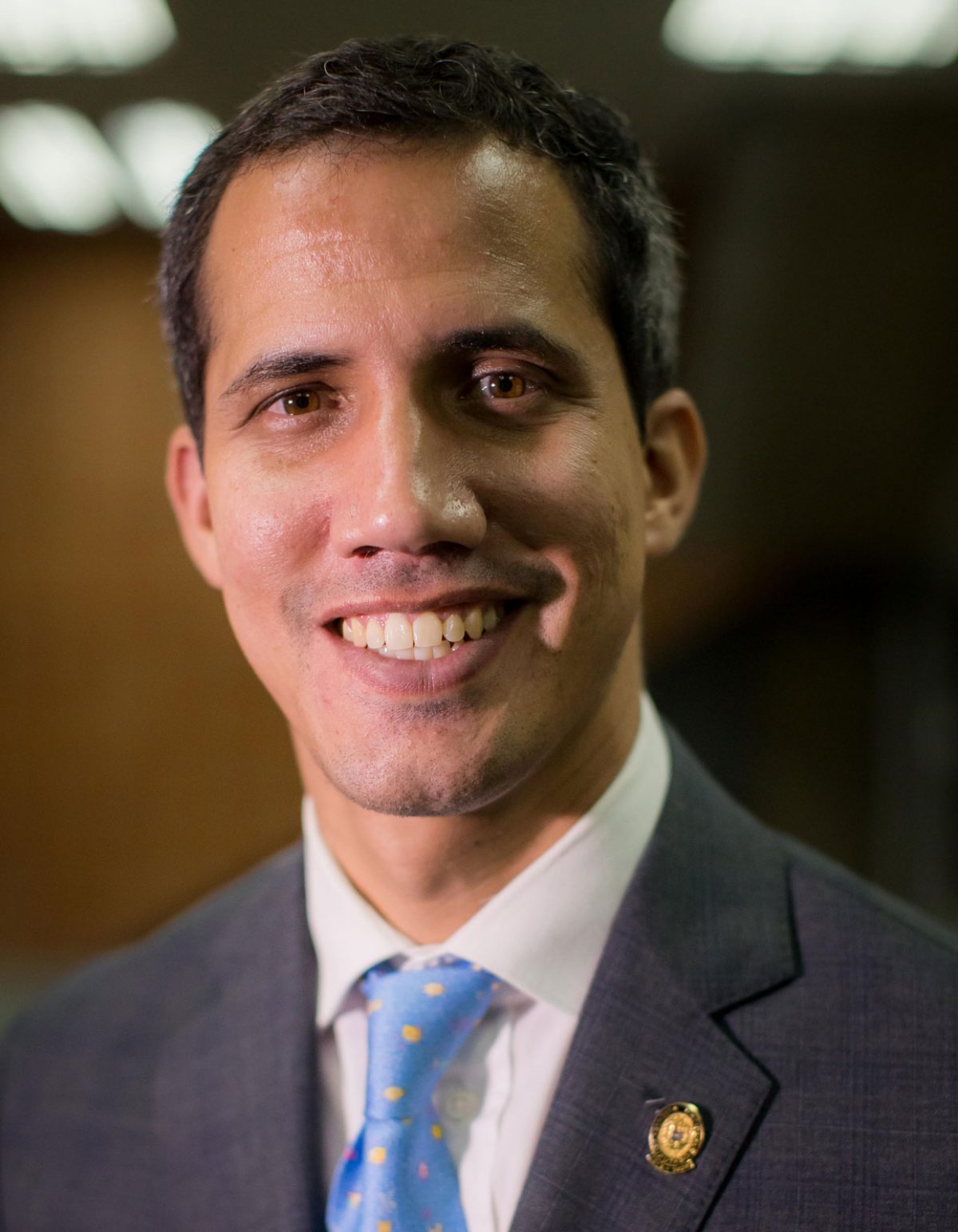WASHINGTON, (Reuters) – The Biden administration yesterday reaffirmed U.S. recognition of opposition leader Juan Guaido as Venezuela’s legitimate president and ruled out negotiations anytime soon with President Nicolas Maduro, branding him a “dictator” and calling for free and fair elections.
In the most extensive explanation of President Joe Biden’s Venezuela policy since he took office on Jan. 20, State Department spokesman Ned Price said one of the main thrusts would be “targeting regime officials and their cronies involved in corruption and human rights abuses.”
This suggested that the new administration could stick to former President Donald Trump’s sanctions campaign in some form, despite its failure to force Maduro from power. Price made no mention, however, of the crippling oil sanctions that Trump imposed on the OPEC nation.
Seeking to draw a contrast to Trump’s sometimes go-it-alone approach on Venezuela, Price told reporters the new administration would collaborate more “with a number of allies and partners to bring about progress towards democracy in Venezuela.”
“Nicolas Maduro is a dictator,” Price said. “The overriding goal of the Biden-Harris administration is to support a peaceful, democratic transition in Venezuela through free and fair presidential and parliamentary elections.”
But he did not explicitly call for the Socialist leader’s departure or removal, in contrast to Trump officials who left little doubt that was a central objective.
The State Department did not immediately provide a clarification requested by Reuters.
Maduro has remained in power, backed by the military as well as Russia, China, Cuba and Iran.
Price made clear, however, that negotiations with Maduro – which Trump also rejected – are out of the question for now.
Pressed on the possibility of future dialogue if circumstances change, Price said: “I’m talking about current policy … We certainly don’t expect any contact with Maduro anytime soon.”
Price said the United States would continue to recognize Guaido as interim president. Dozens of countries have backed Guaido’s claim following Maduro’s re-election in 2018 in a vote Western governments called a sham.
But last week, European Union states said while they regarded Guaido as a “privileged interlocutor” they no longer considered him interim president.
This came after Guaido lost his position as head of parliament following legislative elections in December that the opposition mostly boycotted. The EU did not recognize that vote. Neither did the United States, which Price said has retained its backing for the previous Guaido-led body.






